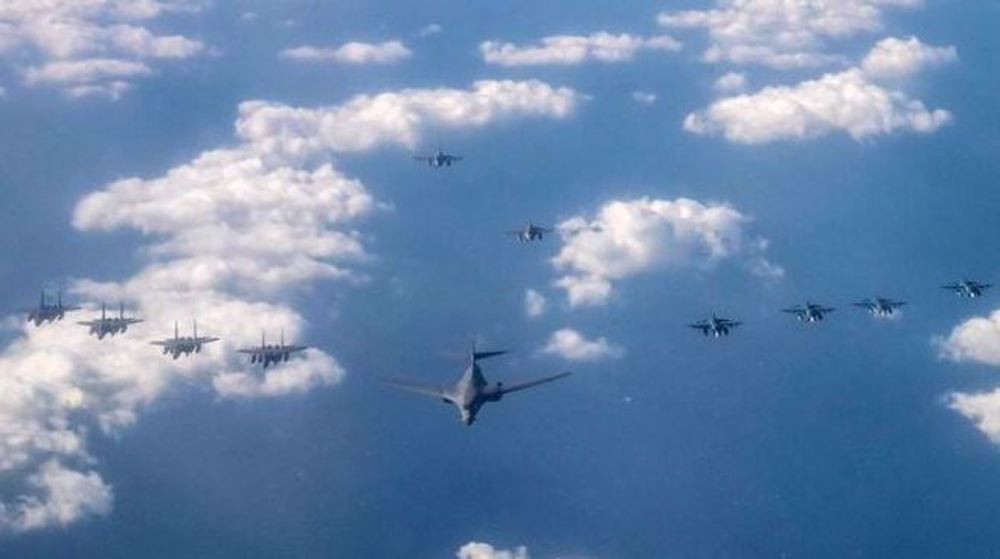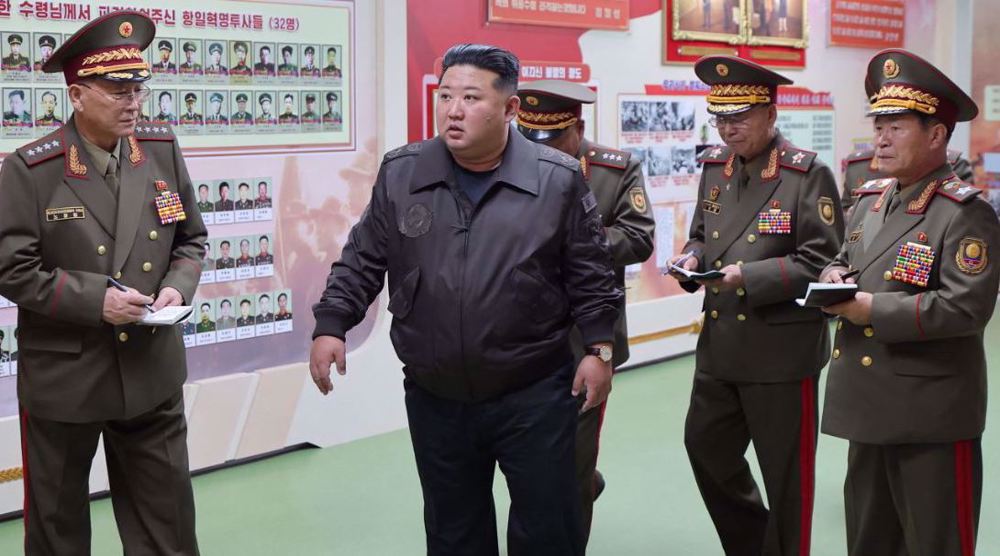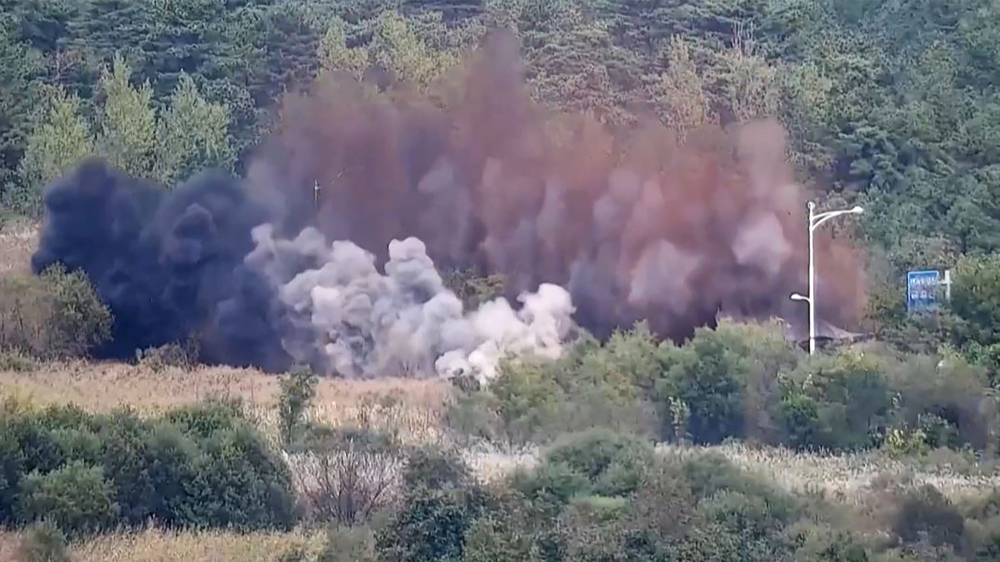UNSC condemns North Korea missile test, vows to tighten sanctions
The United Nations Security Council says it will increase pressure on all countries to tighten anti-Pyongyang sanctions over North Korea's missile tests.
The UNSC released a unanimously-backed statement on Monday, strongly condemning the North's latest missile test, while calling on the UN's sanction committee to increase its efforts towards implementing sanctions on the country.
The council members have agreed to "take further significant measures including sanctions" to compel North Korea to alter its actions and end its "highly destabilizing behavior."
The US-drafted statement was issued ahead of a closed-door council meeting set for Tuesday on the request of United States, Japan, and South Korea.
Read More:
On Sunday, the state-run Korean Central News Agency (KCNA) announced that the country’s leader Kim Jong-un had overseen the Sunday test-launch of a Pukguksong (Polaris)-2 ground-to-ground missile and “approved the deployment of this weapon system for action.”
The US Pacific Command announced that it had tracked the projectile before it fell into the sea. The South's Joint Chiefs of Staff also announced that the missile had traveled about 500 kilometers eastwards before landing in the sea.
Last week, the UNSC demanded that North Korea halt its nuclear and ballistic missile tests in a statement, in which it condemned the test, and stressed that the North should show “sincere commitment to denuclearization through concrete action and stressed the importance of working to reduce tensions."
Read More:
- North Korea test-fires what appears to be ballistic missile
- UNSC slams North Korea’s latest missile tests
Meanwhile, the UN has called on North Korea to halt its missile and nuclear tests. "These actions threaten regional and international security...We call on the DPRK to stop further testing and allow space to explore the resumption of meaningful dialogue," said UN spokesman Stephane Dujarric on Monday.
"What is clear is that the DPRK is openly defying Security Council resolutions with its accelerated ballistic missile testing activities," he added.

The latest test came less than a week after the North test-fired a Hwasong-12 intermediate-range missile, which landed in the sea between North Korea and Japan on May 14.
The North, already under an array of sanctions for its missile and nuclear programs, says it is developing arms as deterrence against the US threat. North Korea has also said that it would not abandon its missile and nuclear programs unless the US ended its hostility toward Pyongyang.
Unsettled by North Korean missile and nuclear programs, the United States has adopted a war-like posture, sending a strike group and conducting joint military drills with North Korea’s regional adversaries Japan and South Korea.
Read More:
- N Korea threatens to turn US submarine into ‘underwater ghost’
- North Korea: US bringing nuclear war to region
- US pushing Korean Peninsula to brink of nuclear war: Pyongyang
In addition to a naval strike group, which includes the large USS Carl Vinson aircraft carrier, Washington deployed two supersonic bombers over the peninsula during a joint exercise with South Korea’s air force on Monday. The USS Michigan nuclear submarine joined the strike group earlier this week.
Israeli forces kill 7 more Palestinians in West Bank
VIDEO | US presidential election
Netanyahu fires military affairs minister Gallant
Hezbollah attacks turn Israel’s Haifa into a ghost town
Iran’s FM meets Pakistani PM, discusses bilateral ties, Israeli atrocities
Iran ramps up gasoline output amid rising demand
UK foreign secretary under pressure over denial of genocide in Gaza
VIDEO | Press TV's news headlines













 This makes it easy to access the Press TV website
This makes it easy to access the Press TV website